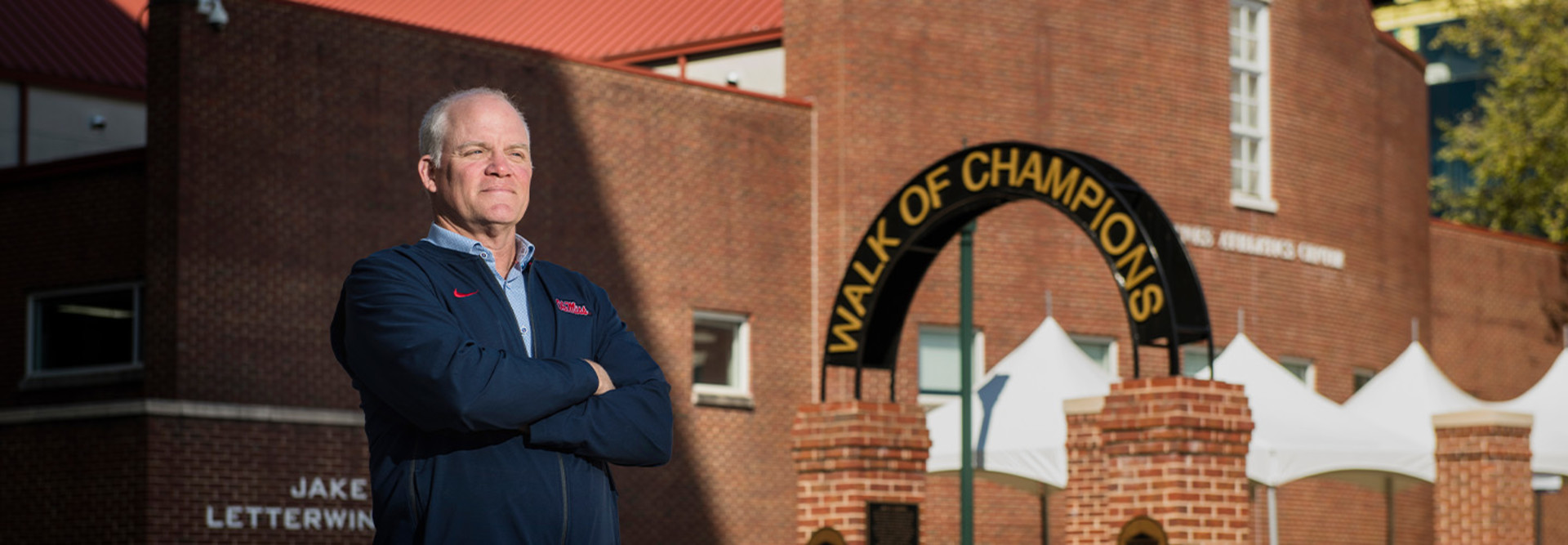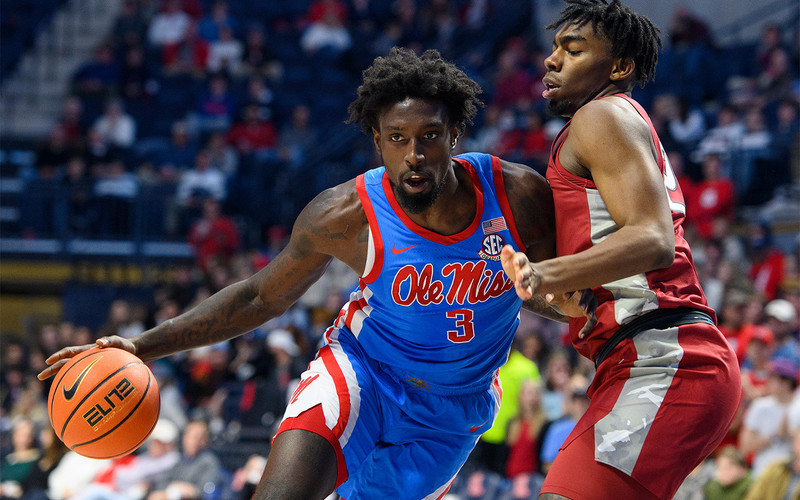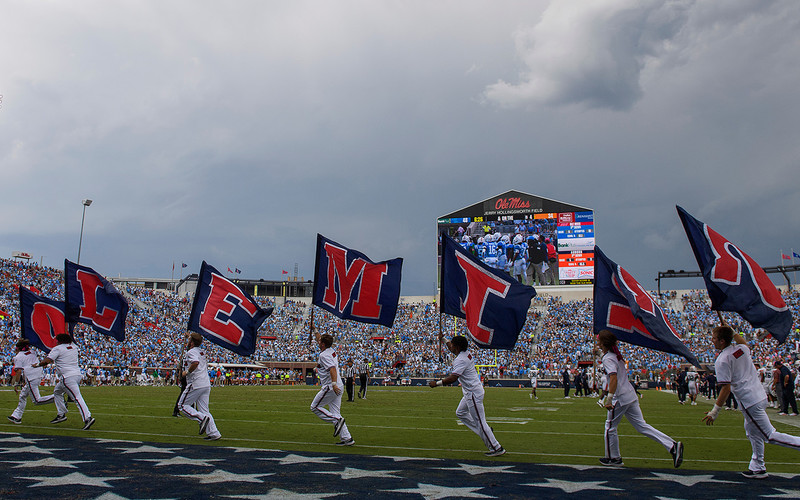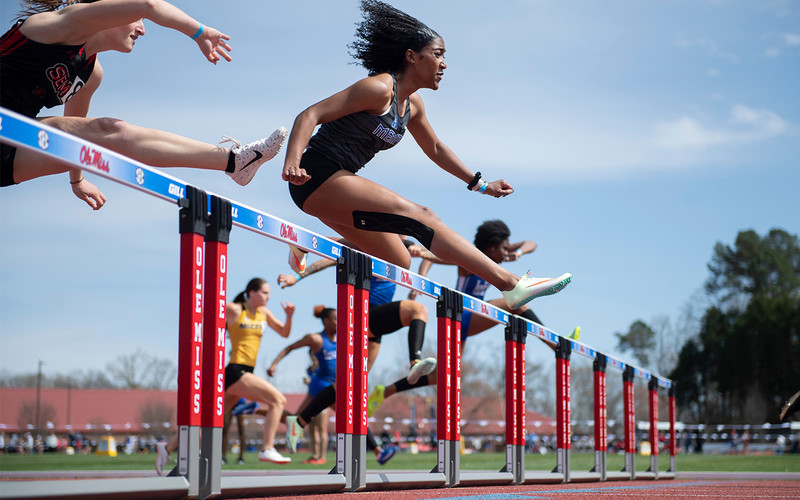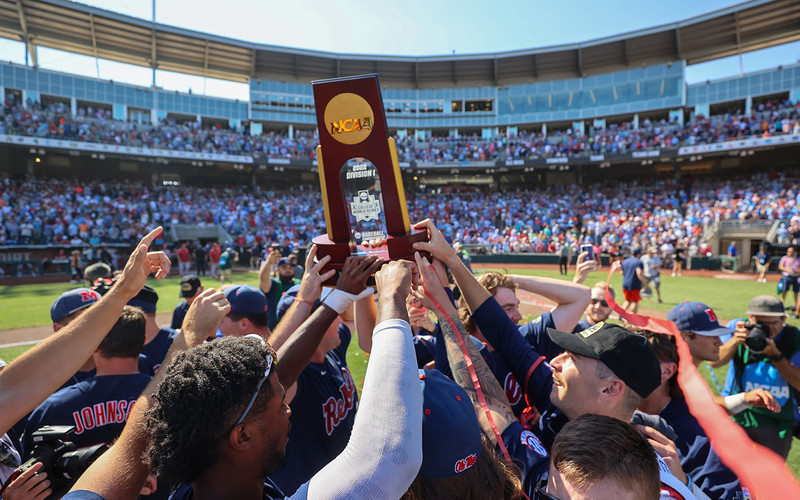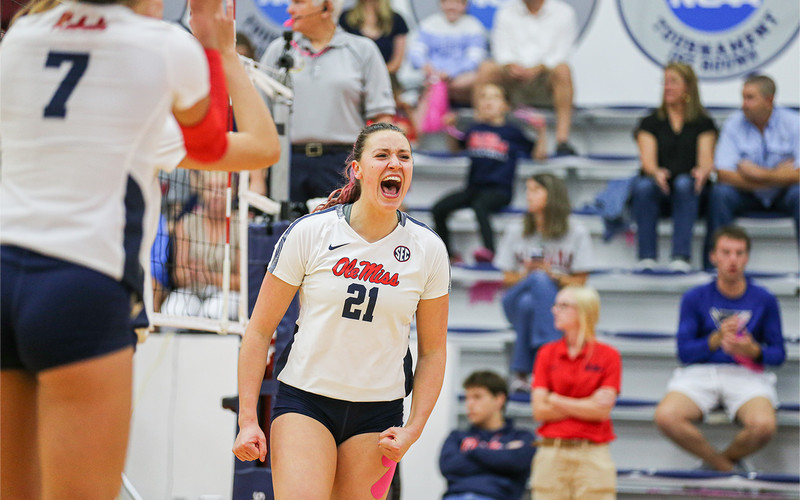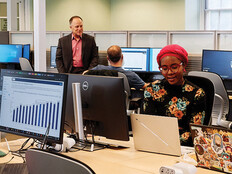Digital Native Student-Athletes Still Require Training
College athletic departments have long provided computer labs and loaned devices to foster their athletes’ academic success, but the Alston decision gives schools more options for that support. Mobile devices that offer anytime, anywhere connections to academic resources are the most effective technology tools for student athletes, says Nicole Kraft, associate professor of clinical communications and director of the Sports and Society Initiative at The Ohio State University.
“These kids have to make space and time for academics within a tighter schedule than most of their peers,” she says. “They need devices that are small enough to haul around and use on a bus or in a hotel room, and that give them access to the notes and the books and the systems they need.”
Dedicated computer rooms can be valuable, in part because of the tutors and learning technology specialists that often come with them, but those facilities are becoming an outdated model for athletes who don’t have large blocks of time to spend in one place, Kraft says.
Regardless of the type of technology support a school offers, student-athletes need training on how to use the tools in an academic context. Learning how to operate a device and use all of its features is a start, says Kraft, but student-athletes also need to know how to use their university’s learning management system, access online materials, take notes digitally, use apps that will streamline their work and more.
“It’s a complete fallacy that all young people are digital natives; just because a person can operate a phone and use social media doesn’t mean that they know what technology can do for them from an academic perspective,” Kraft says. “We unfairly assume that something like using learning management systems will come naturally to students without training. Student-athletes are at an even greater disadvantage because they have more pulls on their time.”



